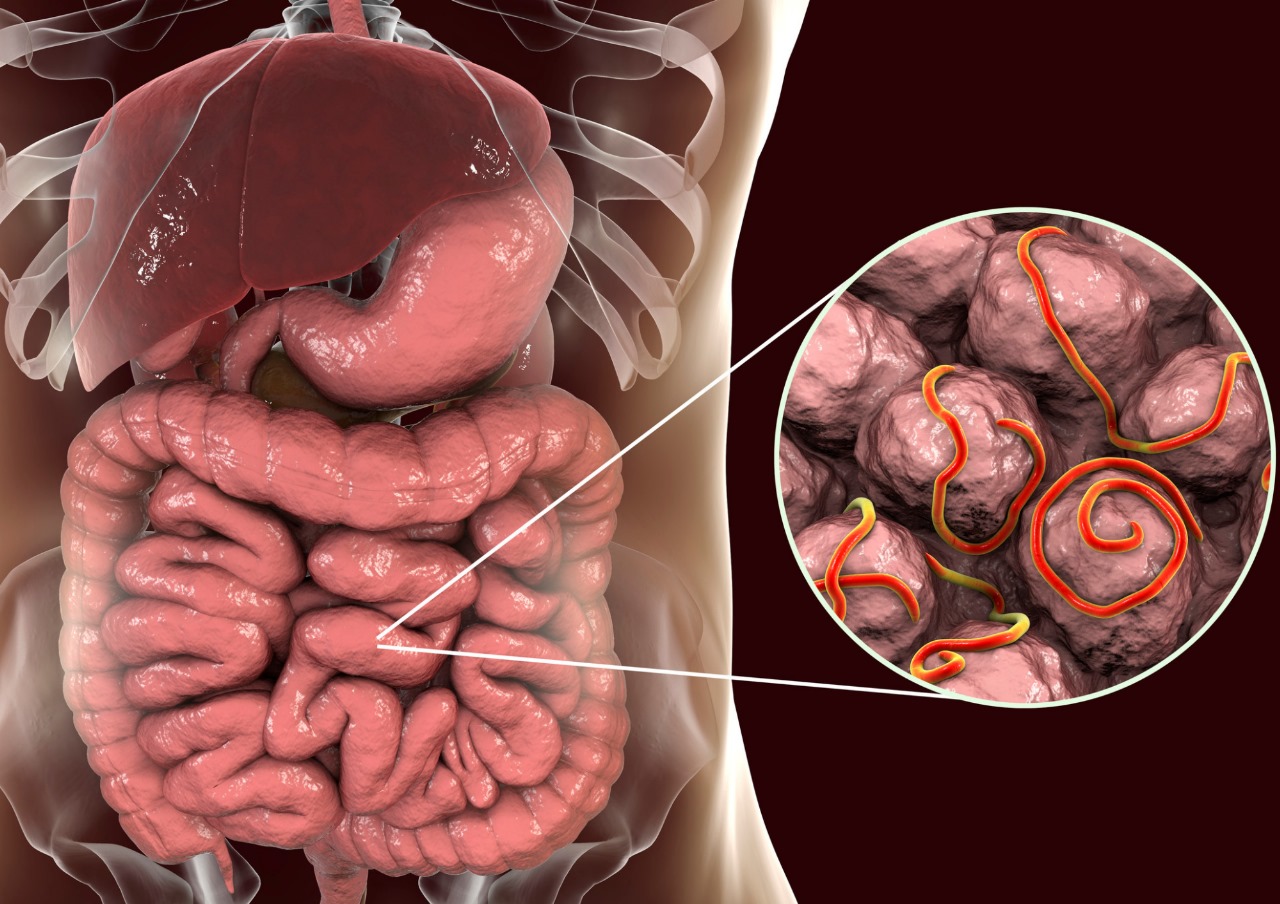Digestive tract paralysis, or gastrointestinal (GI) paralysis, is a complex condition that can significantly impact your quality of life. It occurs when there is a loss of normal movement within the digestive tract, leading to disruptions in digestion and bowel function. At Vasavi Hospitals, we are committed to providing comprehensive care for patients with digestive tract paralysis. In this blog, we will delve into the causes, symptoms, and treatment options available for this condition.
What is Digestive Tract Paralysis?
Digestive tract paralysis refers to the condition where the muscles of the digestive tract are unable to contract and move food through the gastrointestinal system properly. This can affect any part of the digestive tract, including the esophagus, stomach, small intestine, and large intestine. The paralysis can result from various underlying conditions and can lead to serious complications if not managed appropriately.
Causes of Digestive Tract Paralysis
Several factors can contribute to the development of digestive tract paralysis:
- Neurological Disorders: Conditions such as Parkinson’s disease, multiple sclerosis, or stroke can impair the nerves that control the digestive muscles, leading to paralysis.
- Autoimmune Diseases: Disorders like systemic sclerosis (scleroderma) can cause the immune system to attack the digestive tract muscles, resulting in paralysis.
- Infections: Viral or bacterial infections that affect the digestive system can sometimes lead to temporary or permanent paralysis.
- Diabetes: Long-standing diabetes can cause diabetic neuropathy, affecting the nerves that control the digestive muscles and leading to gastroparesis (delayed stomach emptying).
- Abdominal Surgery: Surgeries involving the digestive tract can sometimes result in post-operative complications, including paralysis of the affected segments.
- Genetic Factors: Some rare genetic conditions can lead to congenital digestive tract paralysis.
Symptoms of Digestive Tract Paralysis
The symptoms of digestive tract paralysis can vary depending on the affected area of the digestive system. Common symptoms include:
- Abdominal Pain: Persistent or crampy abdominal pain that may worsen after eating.
- Nausea and Vomiting: Frequent nausea and vomiting, particularly after meals.
- Constipation or Diarrhea: Severe constipation or diarrhea due to disrupted bowel movements.
- Bloating and Gas: Abdominal bloating and excessive gas can result from impaired digestion.
- Difficulty Swallowing: In cases where the esophagus is affected, difficulty swallowing or choking can occur.
- Weight Loss: Unintentional weight loss due to poor nutrient absorption and reduced appetite.
If you are experiencing any of these symptoms, it is crucial to consult with a healthcare professional for a thorough evaluation and diagnosis.
Diagnostic Approach
At Vasavi Hospitals, we utilize a range of diagnostic tools to accurately identify the cause and extent of digestive tract paralysis:
- Endoscopy: A procedure that uses a flexible tube with a camera to visualize the digestive tract and assess any abnormalities.
- Imaging Studies: Techniques such as X-rays, CT scans, and MRI can provide detailed images of the digestive organs.
- Manometry: Measures the muscle contractions in the esophagus or other parts of the digestive tract to evaluate their functionality.
- Electromyography (EMG): Assesses the electrical activity of the digestive muscles to detect any abnormalities.
Treatment Options for Digestive Tract Paralysis
Treatment for digestive tract paralysis depends on the underlying cause and severity of the condition. Options may include:
- Medications: Various medications can help manage symptoms and address the underlying causes of paralysis. For example, prokinetic agents can aid in stimulating digestive motility, while antiemetics can help control nausea and vomiting.
- Dietary Changes: Modifying your diet can alleviate symptoms and improve digestion. This may include eating smaller, more frequent meals and avoiding foods that exacerbate symptoms.
- Surgical Interventions: In some cases, surgical procedures may be necessary to correct or bypass the affected part of the digestive tract. For instance, gastric bypass surgery can help manage severe gastroparesis.
- Physical Therapy: Pelvic floor therapy and other forms of physical therapy can assist in improving bowel function and managing symptoms.
- Lifestyle Modifications: Adopting a healthy lifestyle, including regular exercise and stress management techniques, can have a positive impact on digestive health.
- Supportive Care: Managing chronic conditions and complications through supportive care, such as nutritional support and pain management, can improve overall quality of life.
Why Choose Vasavi Hospitals?
If you are seeking expert care for digestive tract paralysis, Vasavi Hospitals is here to support you. We are recognized as one of the best hospitals in Bangalore and top hospitals in Bangalore for comprehensive gastrointestinal care. Our team of experienced gastroenterologists and specialists is dedicated to providing personalized treatment plans tailored to your needs. We offer state-of-the-art diagnostic tools and cutting-edge treatments to ensure the best possible outcomes.
Located conveniently near Kumaraswamy Layout, we are considered one of the best hospitals near Kumaraswamy Layout. Our general physicians, including Dr. Akshay Masur MBBS, MD(Internal Medicine), DNB(Gen Medicine), Fellowship in Therapeutic GI Endoscopy, RGUHS are well-versed in managing various gastrointestinal disorders and are committed to providing high-quality care for all our patients. Whether you need a thorough evaluation or advanced treatment options, we are here to help.
For more information or to schedule an appointment with our specialists, please visit our website or contact us directly. At Vasavi Hospitals, we are dedicated to helping you achieve optimal digestive health and overall well-being.
Contact us today to learn more about our services and how we can assist you in managing digestive tract paralysis effectively.

This is exactly what I was looking for. Thanks for the useful information.